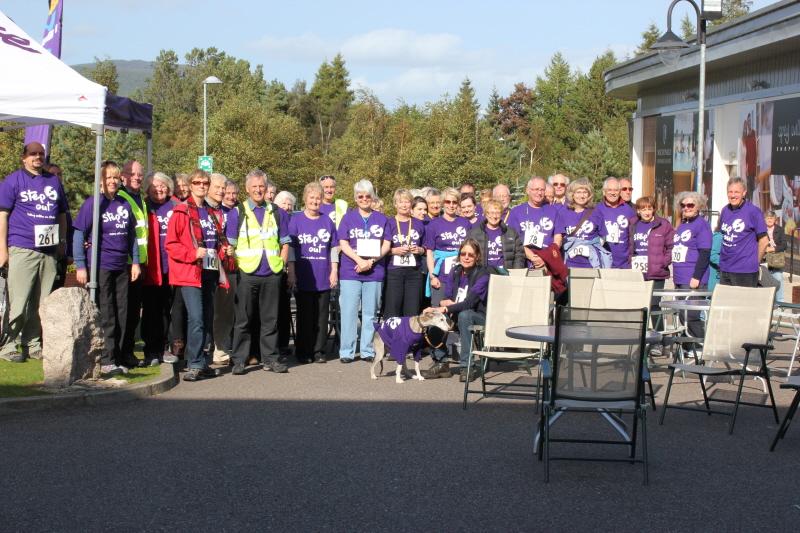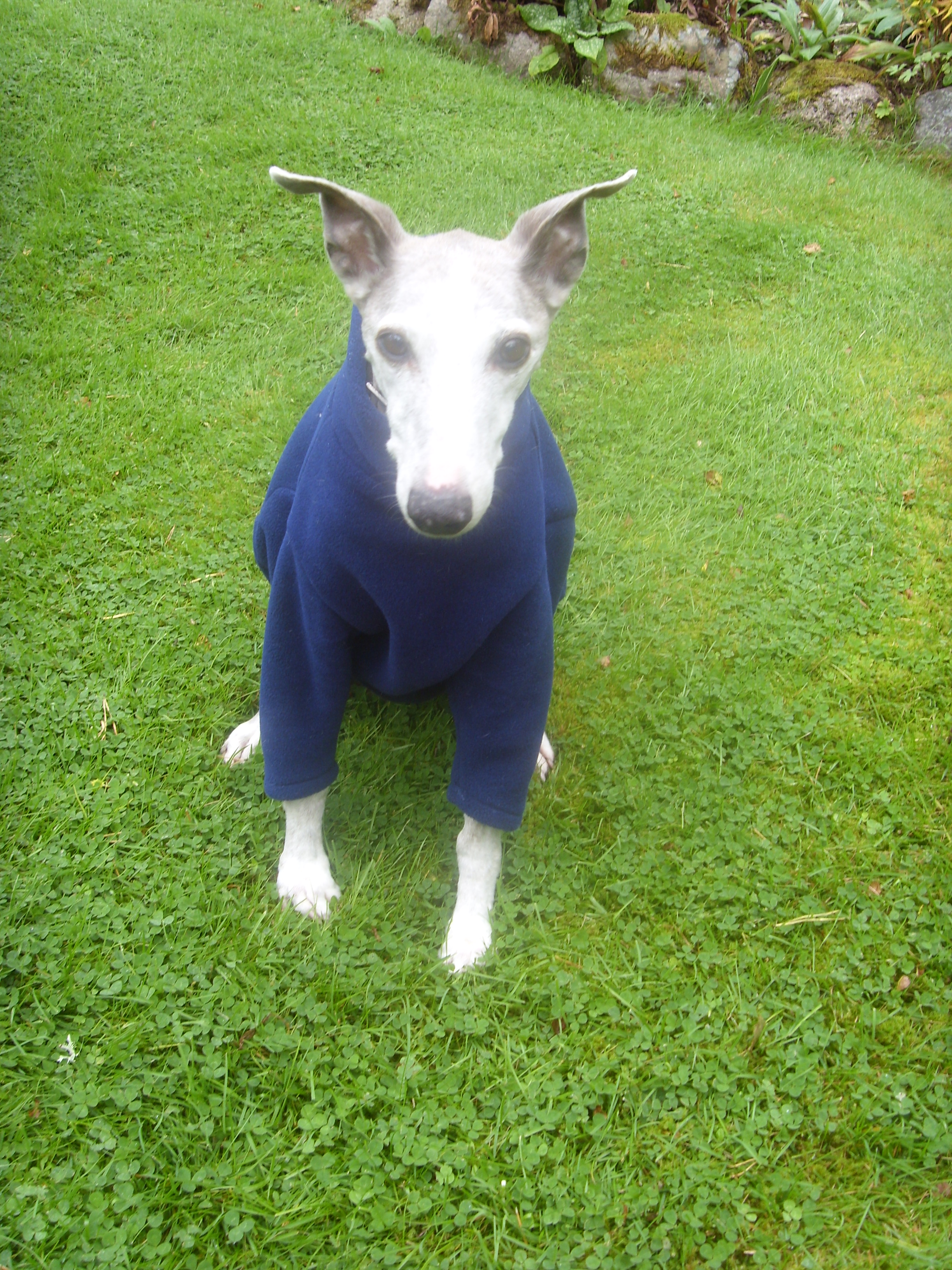Don’t tell Hamish, but I never really wanted a dog.
During 24 years of marriage, each time Christmas, birthdays and anniversaries came round, like any dutiful husband I would ask my wife, Jo, what gift she would like, and answer came there…. “Dog?” I would assume she was joking since I understood we had got married for better or for worse – and “worse” in Jo’s case would mean no dog; and “better” in my case would mean, equally, no dog.
Sounds fair?
Twisted male logic?
It all sounded to me like a recipe for a happy marriage, and so it proved for many years. Ours was a bark-free, bone-free and, crucially, a turd-free marriage. Over our family life, there hung a silent canine vacuum whose existence was rarely queried, because our lives were packed with other interests. No-one ever argued over whose turn it was to walk the dog – there was no dog. True, there were three children. There was for many years a cat. A quiet, leave-me-alone, I’ll-do-my-own-thing, unobtrusive grey and white cat who made no demands on any of us. Goldfish came and went. Budgies twittered briefly for a year or two. A sharp-toothed, nipping gerbil appeared for a while. Six hens came, laid lots of eggs, and went. But there was no dog. Not a bark, not a whimper, not a scrape at a door – just Jo’s low-key, annual, insistent, querulous ….“Dog?”
So what happened?
To adapt Barack Obama’s slogan, “Change – yes we can.” Children grow up and leave home. Jo and I stared at each other across a breakfast table set for two. It wasn’t that we were short of demands on our time. It was just that we both sought an enriching family relationship beyond the one we enjoyed with one another. A meaningful relationship with a gerbil is tricky. Goldfish? Limited horizons. Budgies? Wrong kind of twitter.
For years, I had believed that dog owners inhabited a mad half-fantasy land of drooling, bone- and biscuit-infested, poo-dominated lunacy. Suddenly, hearing across the breakfast table Jo’s querulous ….“Dog?” the idea didn’t seem quite so strange after all. Perhaps the lunatic world of dog-owning did have some attraction. “Of course,” I said to her, slowly and thoughtfully, “any dog would have to be well-trained, thoroughly disciplined and must not dominate or drool.” Beneath my feet, tectonic plates of anti-dog prejudice were rumbling and shifting.
“Of course,” she said.
Was that suppressed eagerness I detected in her voice?
A brief period of research followed. Discussions were held, richly illustrated books of dogs obtained from our local library, the merits of various training regimes debated, certain breeds ruled in, others out. Lying awake in the depths of the night I would question the rightness of all this. Why were we planning to feed a dog throughout its life, when half the world was starving? More practically, would our home reek of dog? What about endless, pointless barking? Was I too squeamish to pick up dog poo?
Jo, for her part, nursed a secret fear that one morning I would waken up restored to sanity, my heart doubly hardened against the presence of a dog. One day, she discovered a whippet breeder in Ayrshire who had a litter of pups for sale. Whippets, we knew from our researches, did not drool, were gentle, rarely barked and were reputed not to smell of dog. A visit was arranged, which went so well that there was a follow-up visit to collect the pup. And so, 24 years of dog drought came to an end with the arrival of Hamish, who, when we first met him, was not much bigger than a large rat: whippet puppies, by the nature of the breed, don’t have much fat. What he lacked in size, however, he made up for in silver brindle charm – the white stripe down the face, the floppy ears, the soulful look. Hamish – full Sunday name “Pepperoni Point Blank” – was transported from his home in Ayrshire to his new life with us in Orkney , first on Jo’s lap, then as an illegal stowaway under her coat in the passenger cabin of the St Ola as it heaved its way across the Pentland Firth. He was amazingly content – and continent – throughout the long journey, but back on dry land in our kitchen he sniffed around hurriedly, circled after his tail, gave a yelp and curled out a huge turd on the floor.
“That dog will have to be trained,” I said.
Mere Man had become Master.
Woman – now Mistress – was already sharpening her Iron Will.
The puppy looked at us expectantly.
It is scientifically proven that dogs are generally good for your health, if not your wealth. They get you out and about. They make you exercise. The petting and patting reduce your blood pressure. You meet new people. Dogs sense your every mood. They infiltrate every aspect of your life. There is a particularly searching whippet gaze which stares unflinchingly into your soul. For Hamish, every experience is fresh and new. The walk he has done a hundred times is a new adventure each time he does it. The dog he met yesterday is met afresh today with the uninhibited enthusiasm of a wonderful new acquaintance. Could we mere humans learn from all this? I’m not suggesting we should greet by bottom sniffing, but perhaps we’ve lost something of the childlike new day, new enthusiasm nature of our canine friends – the ability to really see and really appreciate others and the world around us.
I used to feel sorry for people who reside in dog fantasy land – now I myself have been transported to that land and thrown away my passport. My jackets are full of biscuit crumbs, my car is spun with wisps of dog hair, the entrance to our home is a jumble of leads, dog coats and poo bags. Dog beds are located at strategic spots. I’d like to think I’m the master of it all, but it’s Jo who exercises the Iron Will and discipline, me who’s the sucker with a biscuit and the dog who knows that and thus controls the whole strategic plan.
Just don’t tell Hamish that there was a time when I didn’t really want him.




